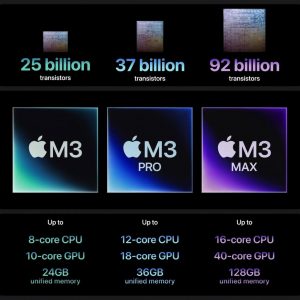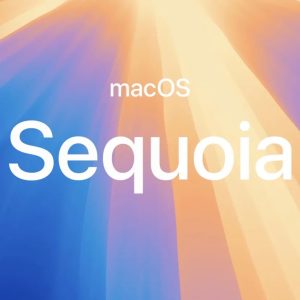In a significant political development, Terry Gou, founder of Foxconn, the world’s largest iPhone assembler, has announced his withdrawal from Taiwan’s presidential race.
This decision, conveyed through a statement that included the phrase “stop, reset, restart,” signifies a major shift in Taiwan’s political landscape and has implications for global tech giants, particularly those reliant on Foxconn’s manufacturing capabilities. Gou, known for his rags-to-riches journey, expressed his decision as a sacrifice for the love of his homeland, Taiwan, officially the Republic of China.
Gou’s withdrawal marks the end of a journey that began in 2019 when he first considered a presidential run, resigning as Foxconn’s chairman but remaining on the board. After an unsuccessful bid, he left the board in September and announced his candidacy for the upcoming election scheduled for early January. However, just hours before the registration deadline, Gou stepped down, leaving the race for Taiwan’s presidency.

His bid was not without controversy. Gou attempted to form a coalition with the Kuomintang and Taiwan People’s Party against the ruling Democratic Progressive Party. However, these efforts disintegrated during a tumultuous press conference, broadcast live, showcasing a heated exchange among opposition party leaders. Gou’s position in the race had been fourth, trailing behind other candidates.
This political move holds particular significance for tech giants like Apple, given the intricate geopolitical tensions involving China, Taiwan, and the United States. Gou’s stance in support of Taiwanese independence, in contrast to China’s claim over Taiwan, had raised concerns about potential political entanglements. The backdrop of these tensions is Apple’s heavy reliance on Foxconn for iPhone production, with a significant portion of its global supply coming from a mega-plant in Zhengzhou, known as “iPhone City”.
Adding to these complexities, the Chinese government’s recent investigation into Foxconn for alleged legal breaches in taxes and land use further intensified the situation. This probe was perceived as a pressure tactic against Gou, with potential repercussions for Foxconn and, by extension, Apple. Gou, although no longer the chairman, remains the largest shareholder in Foxconn.

His decision to withdraw from the presidential race thus not only reshapes Taiwan’s political scene but also alleviates concerns about disruptions in Foxconn’s operations, which could have had severe consequences for global tech supply chains.








